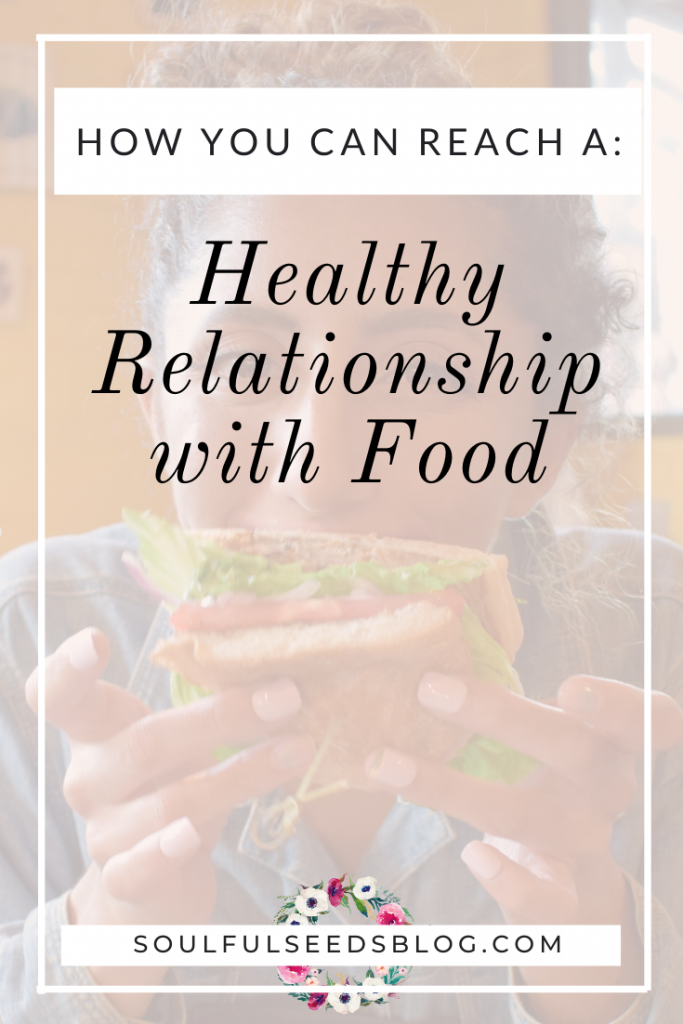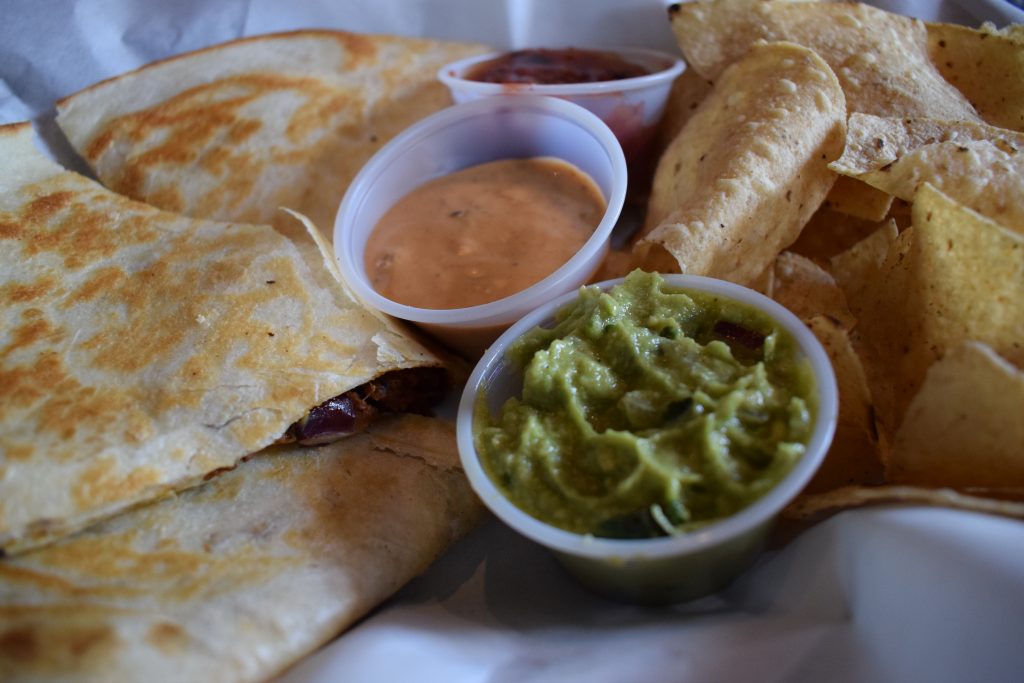Many people nowadays are open about their struggle to maintain a healthy relationship with food.
The prevalence of eating disorders, whether it be anorexia nervosa, orthorexia nervosa, binge eating disorder, or EDNOS, is widespread, affecting an estimated 10% of the U.S. population.

One very important but often overlooked way to preempt the possible growth of disordered eating thoughts is to change the way we talk about food.
This simple change can do wonders in creating a healthy relationship with food for us and those around us.
Disclaimer- I am not by any means saying that simply changing dialogue on food has the power to eradicate eating disorders. They are a mental disorder and have real psychological implications. I am simply providing a method to stimulate a healthy relationship with food (independent from an eating disorder).
Food for Thought...
How many meals do you think you’ve had in your life?
How many bags of your favorite snack have you consumed in your lifetime?
How many times have you attended a party or gathering where the main attraction was food?
Ok, ok, sorry for the questioning…. but the prevalence of food in our lives is crazy to think about, right?
Since food itself is something so central to our lives, you can imagine that how we think and talk about food is important to the development of ourselves, loved ones, and progeny.
A well intentioned effort to steer your kids or loved ones in the way of healthy eating can go haywire very easily.
Humans are very good at “black or white thinking” (see Common Cognitive Errors), so we find it easiest to get a point across by categorizing something in this manner.
In food talk, we converse about cheat foods and normal foods, good foods and bad foods, healthy foods and unhealthy foods. There are hundreds of YouTube videos documenting “What I Eat in A Cheat Meal Day” and “Cheat Mukbangs”. These reinforce the tendency we have to categorize things in such a dichotomous, black and white way.
We all have a tendency to think in this way (which stems from evolutionary psychology), but when this black-or-white thinking is verbally reinforced, it becomes more ingrained into our brains.
Recommended– 5 Negative Thought Patterns Holding You Back
Consequences of Negative Food Talk..
Conversing in this manner could promote food restriction, negative generalizations about health.
“Bad” foods are antagonized, while “good” foods are glorified.

Thinking of food as a means to fuel your body motivates you to fuel your tank with premium gas– antioxidant rich and nutrient dense foods.
At the same time, it doesn’t restrict you to ONLY eating “premium” quality foods. Fuel is fuel.
As long as you don’t put diesel in your car (not that I’ve done that before he he he), your car will run.
My car runs better using premium gas, but it runs nonetheless on regular gas. So indulging in a less nutritious treat once in a while is NOT going to do any harm!
Dialogue Examples to Help Cultivate a Healthy Relationship with Food
Here are some dialogue samples that demonstrate ways to redirect a conversation that encourages a healthy relationship with food.
1) Daughter– “I can’t believe I just ate this… it’s so unhealthy. I’ll probably gain a pound from this. “
Response– “How many things have you eaten thus far in your life! One tiny thing in that list is not going to hurt you. Don’t let it have that power over you!”
2) Friend– “Dude I can’t believe I just ate that! Now that I’ve put that crap in my body, I might as well continue to eat crap the whole rest of the day!”
Response– “You have many more opportunities to nourish your body with foods that will make you feel amazing. Making yourself feel worse right now does no good. “
Recommended-> Prompts to Challenge Your Negative Thoughts
Hearing these responses from my friends and family when I present my unhealthy food thoughts to them has been incredibly helpful.
I’m now at the point where I can counter my own unhealthy thoughts with these responses! I by no means have a perfectly healthy relationship with food, but I am surely getting there.
Hopefully these tips will help you create a more positive and healthy relationship with food.
To continue on your healthful eating journey, download this mindful health journal… with daily encouragement to nourish your body, soul, and mind —> Mindful Health Journal.


Pingback: Partner Post: How Is General Health And Mental Health Linked?